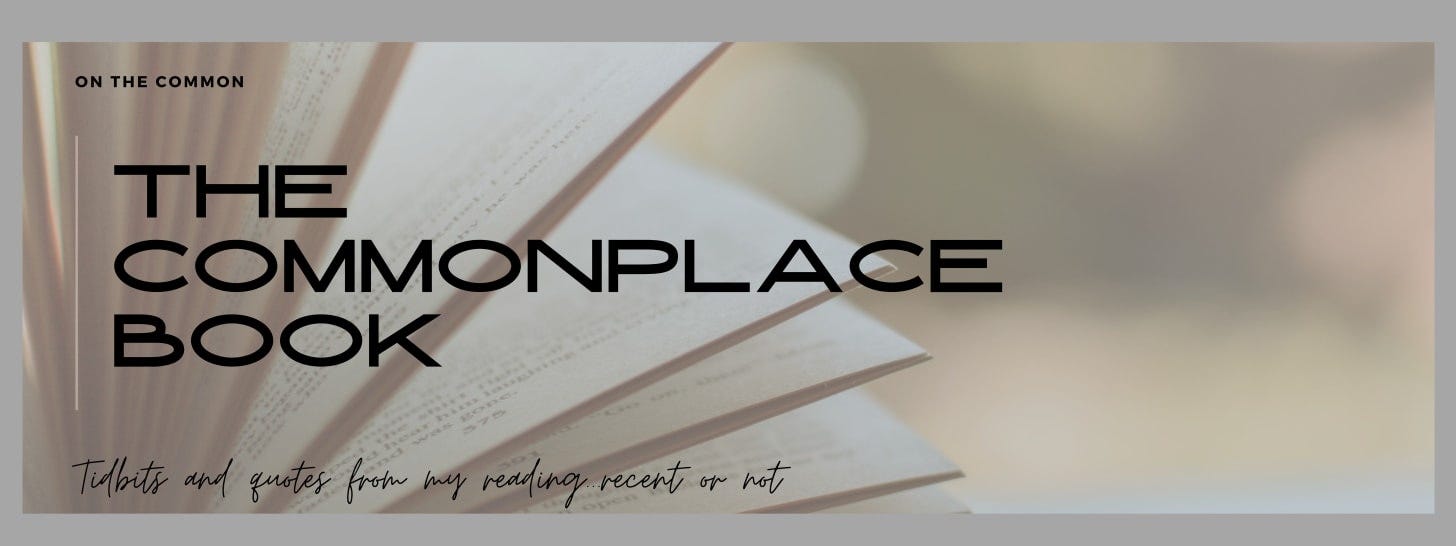Hi everyone,
I’m still adjusting to the lateness of Thanksgiving this year; it’s giving me the sensation that Christmas is already almost upon us. November 28th is the latest Thanksgiving can be, and I must say I prefer the years when it’s a bit earlier!
The Part Where There’s an Essay: Always Rooting for the Antihero
“As for you, my galvanized friend, you want a heart. You don't know how lucky you are not to have one. Hearts will never be practical until they can be made unbreakable.” -The Wizard of Oz
The number one movie in America at the moment (Wicked) is a villain origin story. Those of you who are devotees will no doubt want to say it’s so much more than that—this I give you; I was knee-deep in mothering three boys under four when it came out, so I’ve missed the boat on it. I plan to make this right at some point. But it is, at least, not less than a villain origin story.
The Star Wars prequel trilogy is perhaps the most notable of the recent entries into the category of villain origin stories. The three films depict the evolution of Anakin Skywalker through his teen years and into the full-fledged Darth Vader character we meet later in the series. Recent entries into the Spider-Man franchise have found threads of stories about their villains; Maleficent gave us the story of Sleeping Beauty’s evil witch; Cruella has explained the beginnings of the Dalmatian-coat-wearing Cruella deVil; Joker told the tale of how Batman’s nemesis became the twisted criminal he was.
From a storytelling perspective, this is an interesting turn for the bad guys. Sometimes the villain’s story can be a bit flat; if we’re spending time filling out the story of the hero, we don’t always get much time with the baddie. Simply speaking, their main task is to be the bad one; they provide the conflict. So the development of the backstory of the villain can supply more color and depth to someone who gets lesser mentions. (I found this list of “villain origin stories” on GoodReads interesting—I don’t know many of them, and I don’t agree with some of them!)
On the upside, this trend of deeply exploring the antagonists might enable us to embrace a whole person. Rather than casting off an individual due to their rough exterior, we might be reminded to look beyond. Perhaps someone is hurt; maybe they’ve never been embraced as a friend properly. Maybe there is a deeper story—there frequently is!—and we can extend grace in trying to understand. It is true that we all have a heavy load to carry at times, and striving to understand someone’s burdens is in keeping with Christian love (Gal. 6:2). Indeed, this is one of the reasons we ought to read fiction: it makes us more empathetic people.
On the other hand, the villain’s origin story cannot make us forget that sin and evil are a real thing—a force to be reckoned with. The bad guys are really bad guys. The Joker blows up hospitals. Anakin Skywalker kills children. Maleficent terrorizes an entire kingdom. We cannot wink at evil and excuse it away; woe to you who call evil good (Is. 5:20). All of the backstories in the world cannot take away true villainy once it is unleashed.
Perhaps most grievous is when we forget our own potential for villainy. For who else knows our own excuse-filled backstory landscapes better than ourselves? We can excuse away a thousand sins; we sit in the perfect spot to give ourselves miles of grace while we name every sin of those around us. It is at this point that perhaps we become more like the Wizard than anyone else in Oz: “pay no attention to the man behind the curtain!”
Lord help us discern good from evil; in ourselves and in others. Help us to be”…genuine. Abhor what is evil; hold fast to what is good” (Rom. 12:9)
For the Anglophiles
When we visited London in 2019, we spent a night watching the skaters here:
Reads & Listens of the Week
I have really enjoyed the Elijah poetry series that’s been featured recently at Rabbit Room Poetry.
As someone who has been to more than my share of family funerals this decade, I endorse this article called The Coddling of the American Funeral. “So take your children to funerals, and teach them how to mourn. You might be surprised by what they teach you in return. Children often know something is wrong at a funeral, since they haven’t yet learned to forget.”
Is Poetry Dying? “If poetry is dying, it’s ultimately because, as one commenter put it, this society has ‘lost the upward gaze….’”
In case you haven’t seen this yet:
The Christmas message is that there is hope for a ruined humanity – hope for pardon, hope of peace with God, hope of glory – because at the Father’s will Jesus Christ became poor and was born in a stable so that thirty years later he might hang on a cross. -JI Packer, Knowing God






So much truth:). A wonderful read.